The Manningtree Ox
This sculpture pays homage to Shakespeare and his reference to a Manningtree tradition.
“There is a devil haunts thee in the likeness of an old fat man… that roasted Manningtree ox with a pudding in his belly.”
This paraphrased passage was taken from Shakespeare’s, Henry IV Part One, in which the future King Henry V (Prince Hal) jests with his companion, and mentions the small north Essex coastal town of Manningtree.
Manningtree is, by area, England’s smallest town. At high tide, the town is only 20 hectares in its entirety. Despite its small size, Manningtree’s oxen were well known enough for the playwright to honor them with a mention.
The idea of a “roasted Manningtree ox with a pudding in his belly” is most likely a reference to the Manningtree Fair, a medieval festival where it was tradition to roast an entire ox. The pudding used would either be savory or of the sweet variety. It’s likely that black pudding, a type of blood sausage, would have been used to stuff the ox.
According to local legends, Shakespeare, whilst a young actor in a troupe, passed through Manningtree during such a fair and witnessed the festivity. Another theory suggests that Shakespeare was not the man historians have come to believe, but was actually an alias for Earl and courtier, Edward De Vere who was born just 25 miles from Manningtree, in Hedingham Castle.
In honor of being one of the only local towns mentioned by Shakespeare, Manningtree’s old fire station was adorned with a bizarre bovine sculpture by Colin Wilkin.
Those walking through the small lanes of Manningtree will ultimately reach a square. One glance up, and visitors are met by the suspended bovine sculpture. It’s mostly a metal, hollow outline of an ox. Within the belly of the sculpture hangs a large, golden orb representing the pudding. The orb is often lit during dusk.

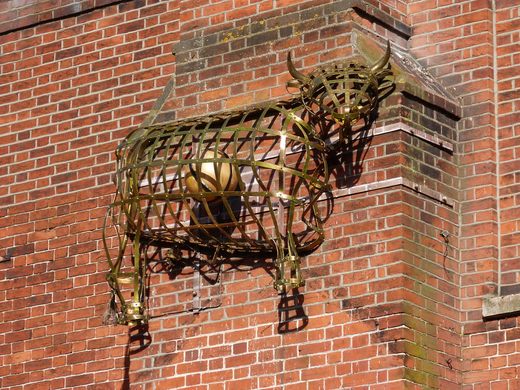
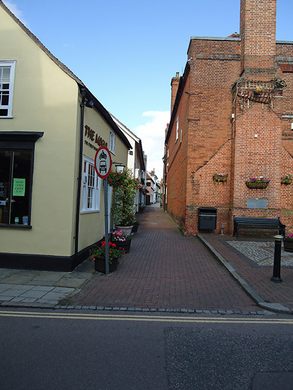
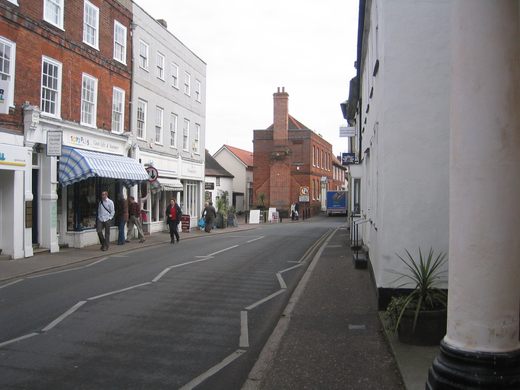



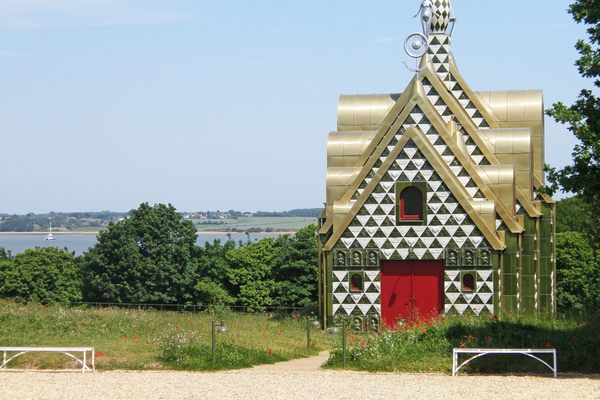

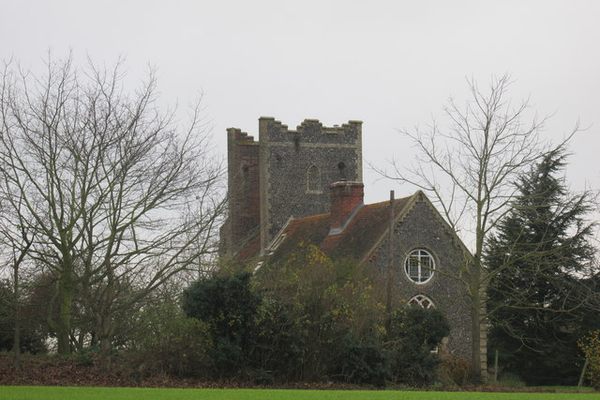
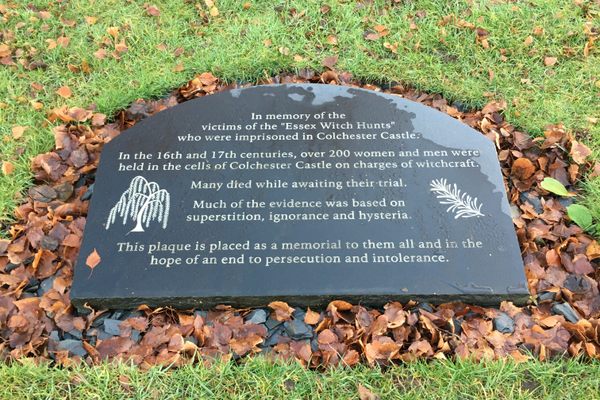
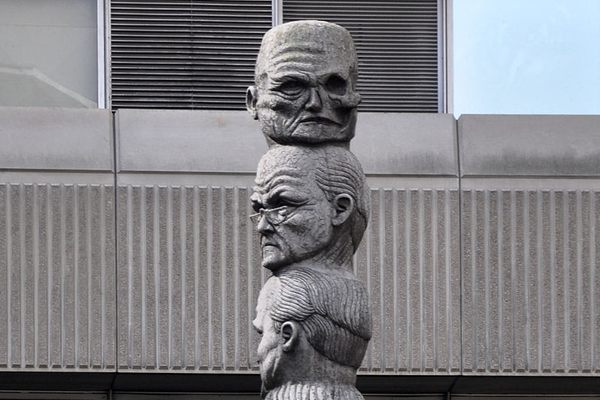
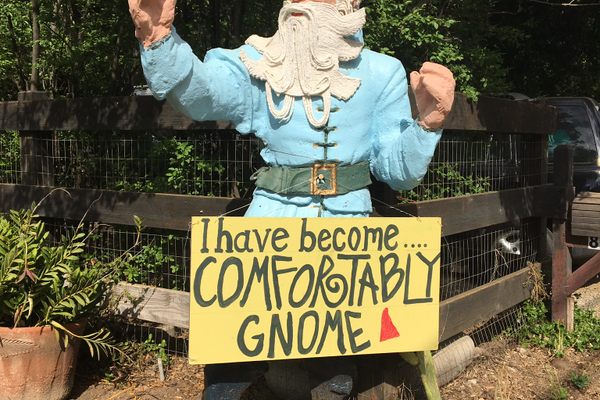

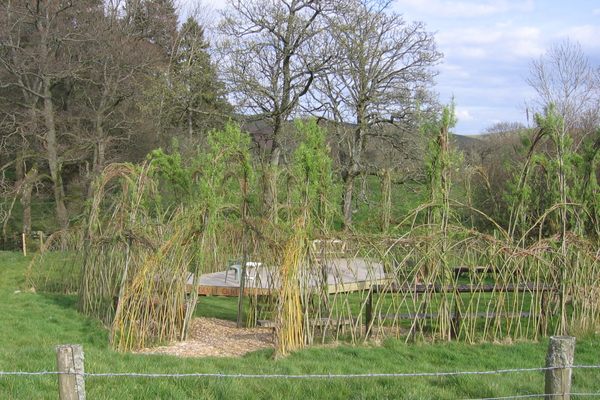


Follow us on Twitter to get the latest on the world's hidden wonders.
Like us on Facebook to get the latest on the world's hidden wonders.
Follow us on Twitter Like us on Facebook